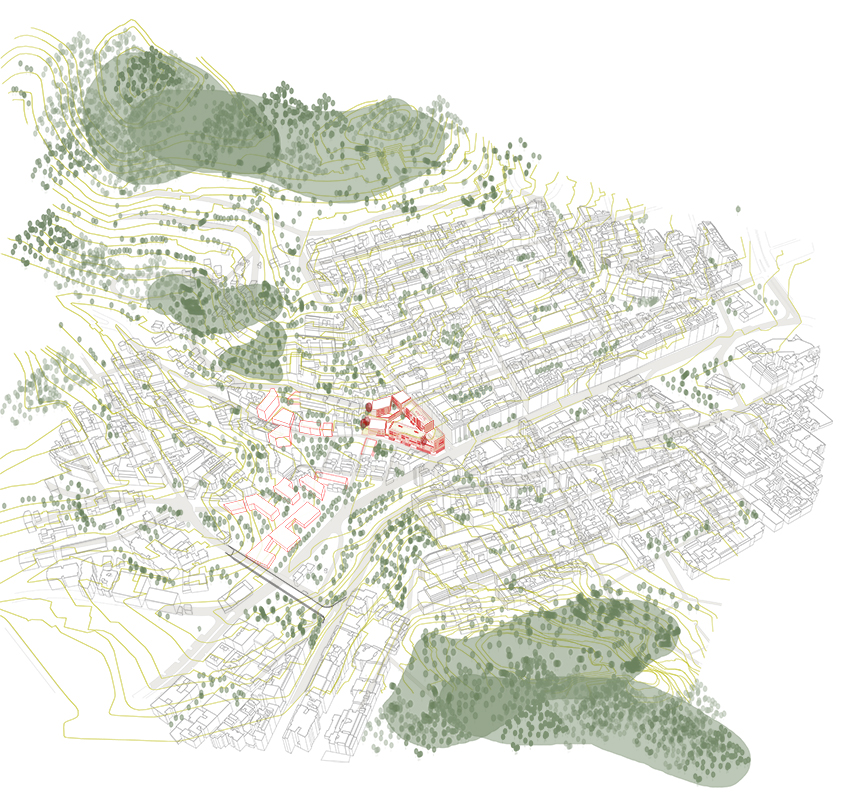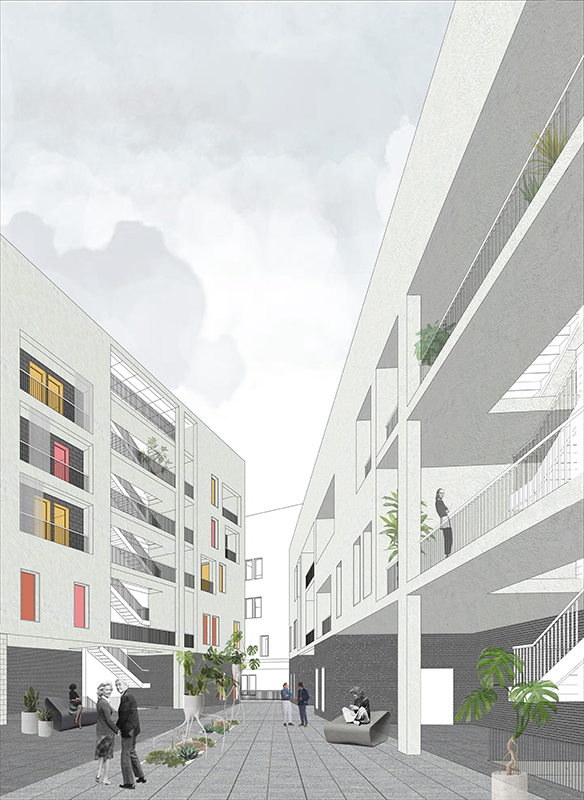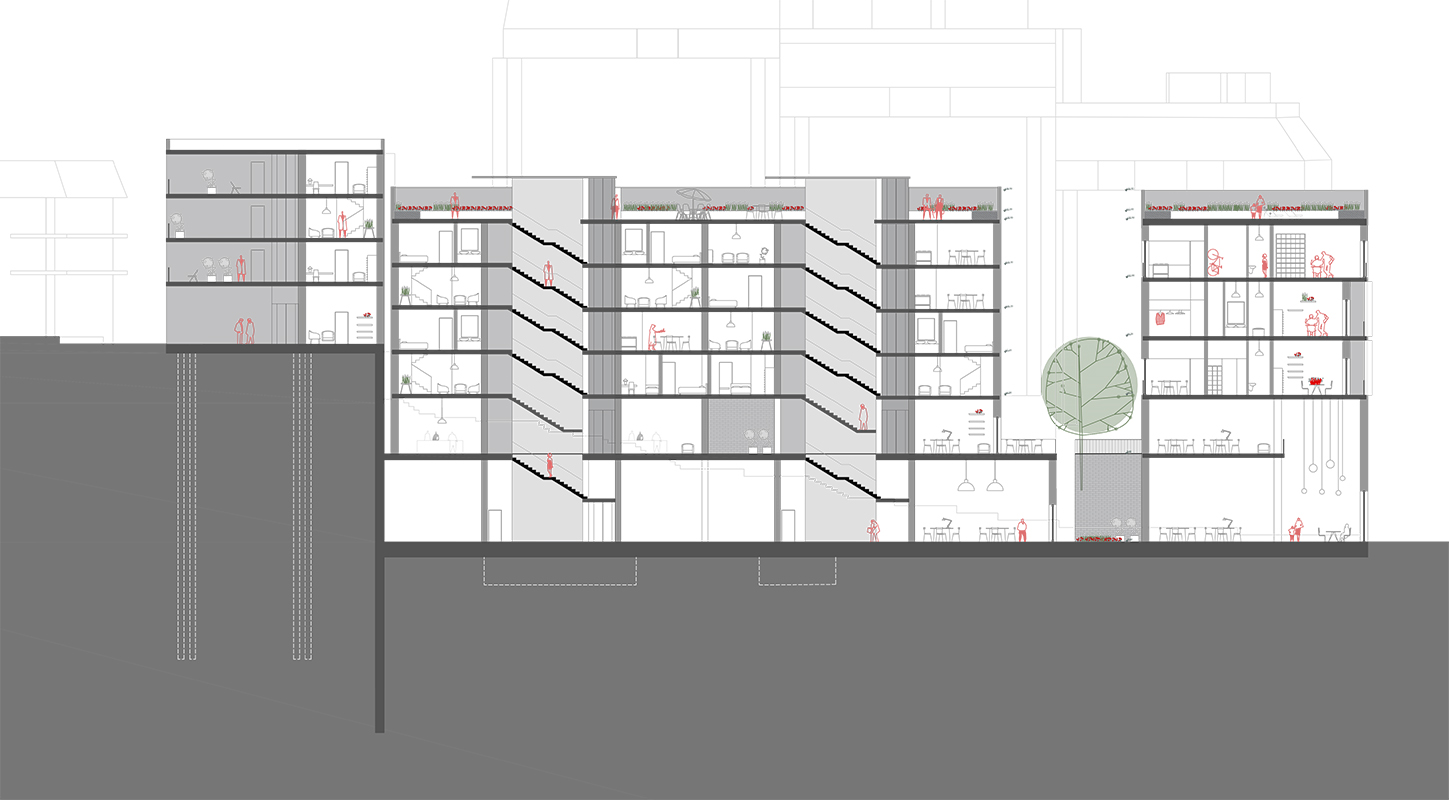Location:
Barcelona
Text de prezentare a lucrării:
Before saying anything about the project, let us ask ourselves a rhetorical question: What is, in fact, housing? - as it was the quest to answering this seemingly easy question the one that shaped the process and the outcome of this school project. In the original title - “Locuire la Barcelona”, the term “locuire” can be translated as either housing or living; the latter term was chosen, as it encompasses more of the subtleties of the original term. When it comes to Barcelona, other questions must be asked: What does living in this city actually mean? And how should a housing project insert itself into a destructured, but particular neighbourhood as Vallcarca. The aspect of housing was divided into three topics: First of all, on a larger scale, that of the neighbourhood, there is the issue of public facilities - this aspect was tackled through a masterplan which proposes a primary school, a cultural center, a cluster of student accomodating units with sports and studying facilities and a farmers’ market. The second aspect of housing deals with the community spaces - this second aspect was predominantly tackled at an urban plot scale: the steep slope of the site was speculated in order to create an elevated plaza which mitigates, on one hand, between the different access points to the site, and, on the other one, between the different uses that colonize the space: small comercial units on the street level, a community gym and coworking spaces on the plaza level. The open air staircases provide a smooth transition from the public realm to the private one, allowing the democratic acess of all residents to the rooftop gardens, as well as spontaneous encounters among themselves. Smallest in scale, but equally complex, there is the topic of the housing unit itsef: the different types of flat hold in common the intimate relationship with the outside: the long, narrow loggias provide extensions of the living spaces outside, as well as buffer areas that protect the inside from the glazing sun of the south. To sum up, the project is trying to insert itself in a destructured neighbourhood, while not only accomodating the rapidly shifting living arrangements and patterns, but also understanding housing not as a mere cluster of different sizes of flats, but as a complex system of relationships and transitions between the public and the private life, making it easier for different intensities of this life to coexist.

